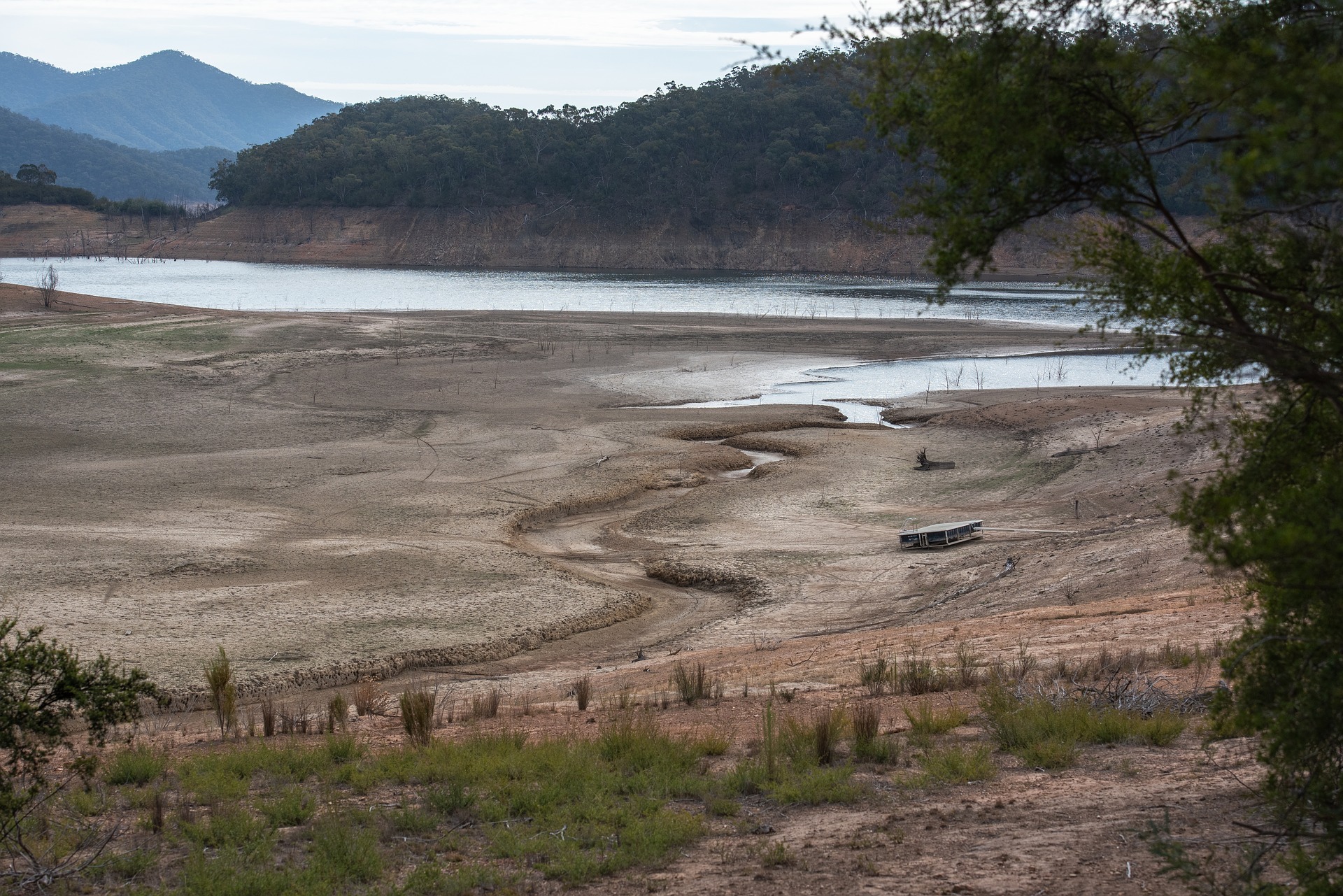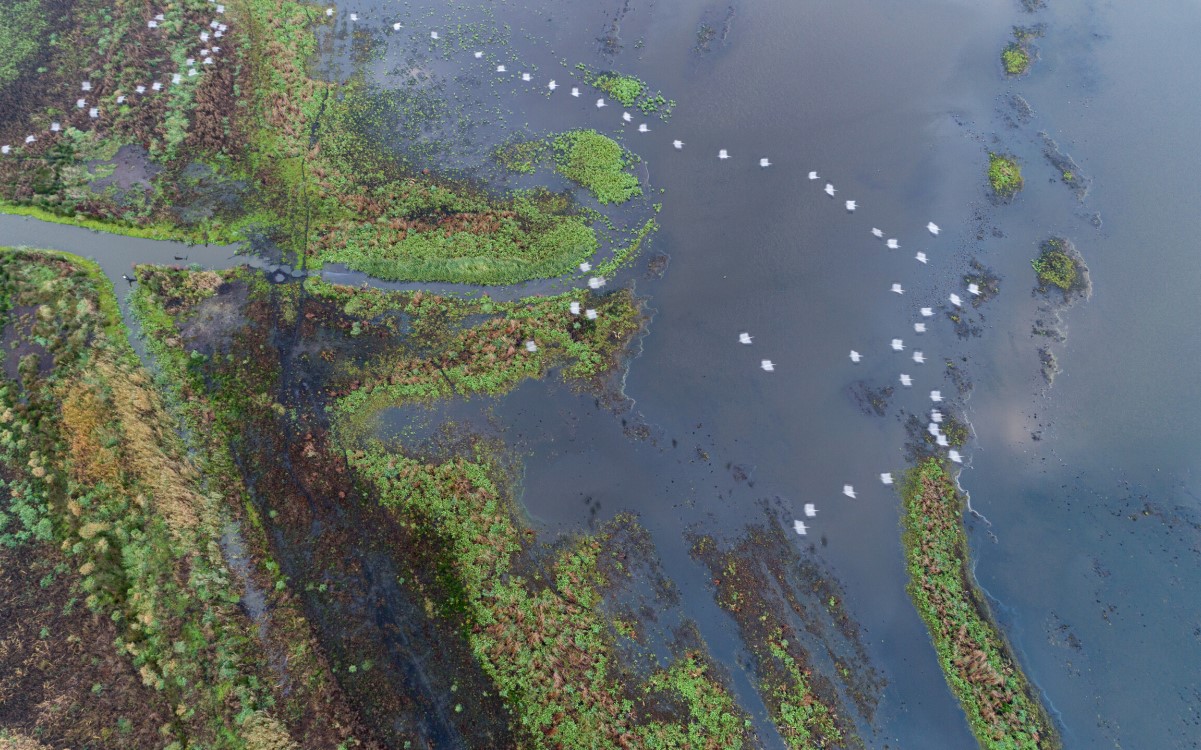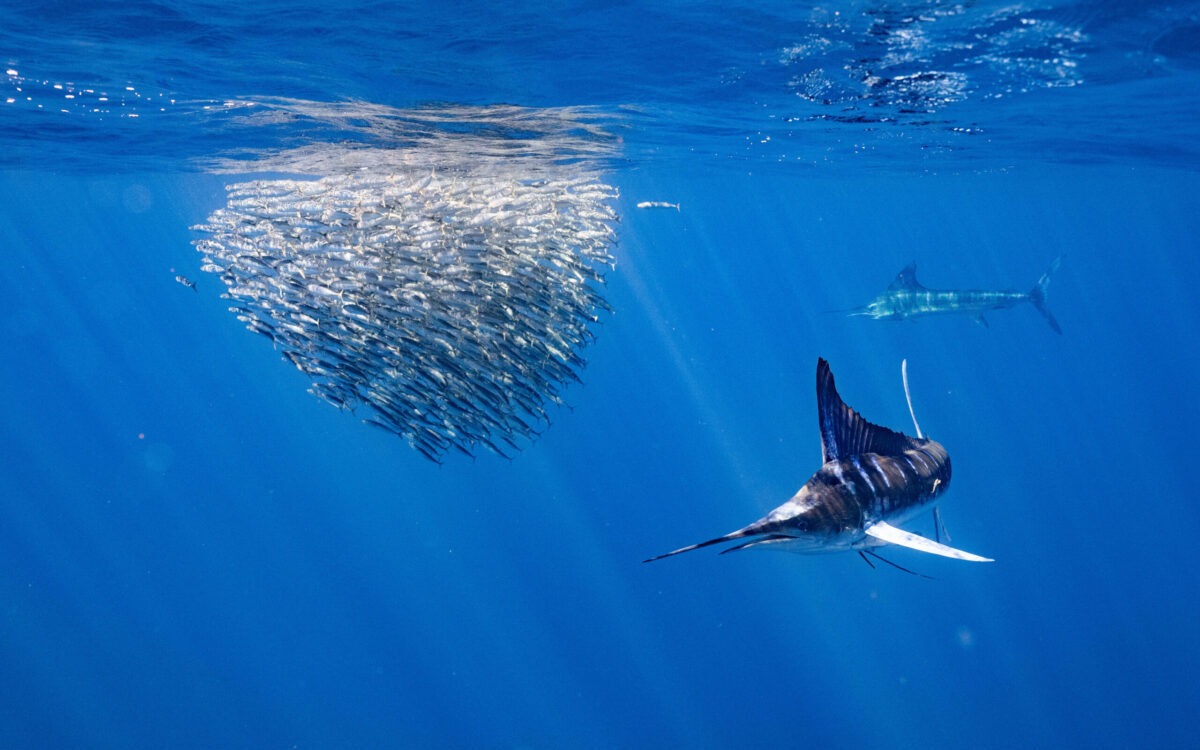Since the World Water Day, 22 March 2020, the new UN Water Development Report is available online and it clearly points out the necessity for climate change adaption and mitigation through water management. Food security, human health, urban and rural settlements, energy production, industrial development, economic growth, and ecosystems are all water-dependent and thus vulnerable to the impacts of climate change.
Global water use has increased by a factor of six over the past 100 years and continues to grow steadily at a rate of approximately 1% per year as a result of increasing population, economic development and shifting consumption patterns. Climate change is likely to cause shifts in seasonal water availability in many regions, and countries, which water is still abundant will probably experience periods of water scarcity in the future. Furthermore, the frequency and magnitude of extreme weather events are expected to rise. Increasing water temperatures and lower oxygen contents of surface waters are also likely.
All impacts of climate change on water resources seem to mostly affect the tropical zones, in which most of the developing countries can be found.
Water is an essential component of nearly all adaption and mitigation strategies
Failure to adapt to climate change not only puts the realization of SDG 6 (the ‘water goal’) at risk, it also jeopardizes the achievement of most other SDGs. There is no formal mechanism linking SDG 13 “Take urgent action to combat climate change and its impacts” to the goals of the Paris Agreement. But the challenges of development, poverty eradication and sustainability are intricately interwoven with those of climate change mitigation and adaption, especially through water.
Not only to overcome water shortages, but also to reduce GHG emissions related to water management and sanitation, considering ‘unconventional” water resources in future planning becomes increasingly necessary. Thus water reuse is named to a reliable alternative to conventional water resources for a number of uses, provided that it is treated and/or used safely.
Reducing GHG emissions and saving water at the same time is in the focus of public water and wastewater services as well as of industrial water use, especially in the energy sector.
No water and sanitation – no health
The authors of the World Water Report are concerned that climate change is likely to slow or undermine progress on access to safely managed water and sanitation. About 2.2 billion people lack access to safe drinking water and 4.2. billion people lack improved sanitation facilities.
Besides the topics mentioned above, the UN Water Report also provides deep insights into the challenges to reduce disaster risks, to achieve resilient cities and infrastructures and to develop agricultural systems that both help reduce GHG emissions and are optimally adapted to the local conditions with respect to availability of water.
The UN Water Development Report 2020 is availabe as full text here. In addtion, an executive summary can be downloaded in several languages.







